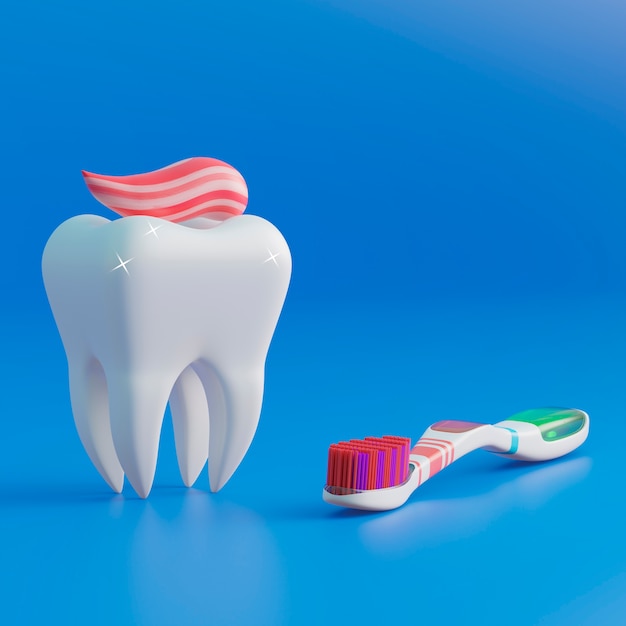
It’s normal for young children to want to do things on their own, and now is a great time to introduce them to self-care skills. Helping your child with their teeth is a perfect way for them to learn good oral hygiene habits.
There are many reasons and benefits to teaching your child healthy oral hygiene early. This ensures their teeth stay clean and healthy all year round. Here are some tips on how to teach your kids good oral care and keep that bright smile.
If your child is under 8, you should supervise them to make sure they are brushing their teeth twice a day and doing it properly. Watch them as they brush, give them pointers, and step in to brush areas they might have missed.
Brushing and flossing are important for oral health, but you can be the best role model for your kids. Brush and floss your teeth daily, and guide your kids to do the same when they’re old enough to use toothpaste without swallowing it. Non-fluoride toothpaste in fun colors can encourage children to brush regularly and thoroughly. Teach them to floss once a day as their teeth start touching.
Start by cleaning your child’s gums with soft foam before they get teeth, then switch to baby toothpaste and a soft brush once their teeth come in. This helps establish a routine that makes brushing a comfortable habit for your child.
You can get books about oral health from the library to help teach your children about dental hygiene in a relatable way. Show them that you also go for regular dental check-ups and maintain good oral hygiene, making it clear that this is a normal part of life.
Visiting the family dentist can help your children get used to the environment, making future appointments less intimidating.
A good dentist can make the visit fun and enjoyable for your kids, making it a positive experience. Regular visits to a pediatric dentist are a great option.
Diet plays a significant role in your child’s dental health. Limiting access to sugary snacks, juices, and candy is crucial for maintaining healthy teeth. Kids who eat too many sugary foods might continue this habit as adults. Instead, offer nutritious snacks like apple slices, whole-wheat nachos, popcorn, and yogurt.
You can reward your kids for taking good care of their teeth with non-sugary treats. Consider giving them a special stamp, reading them a bedtime story, or playing a mini-game.
You know your children best, so use this knowledge to make dental care enjoyable for them. Look for toothbrushes with their favorite characters or try an electric toothbrush, which they might find fun to use. Toothpaste with popular characters can also make brushing more exciting.
Using a water flosser can be easier for children than traditional floss. It’s straightforward—just aim and floss.
Many people think kids know how to care for their teeth, but adults also need to be more informed about oral hygiene. Gum disease and tooth decay affect both children and adults. More than 64.7 million adults in the U.S. have gum disease, and tooth loss is also common.
Adults often don’t visit the dentist regularly or floss and brush their teeth well. To avoid last-minute emergency dental visits, teach your kids these dental health tips early on.